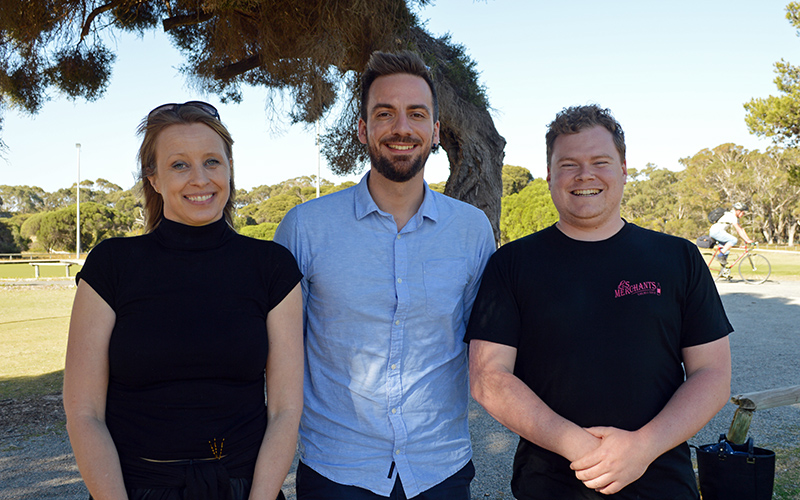Search
Research
Gender and the active smoking and high-sensitivity C-reactive protein relation in late adolescence.This study examines the effect of smoking on high-sensitivity CRP (hs-CRP) levels, and the interactive effects of sex and OC use on this relationship in an...
Research
Do emotional and behavioural difficulties in primary school predict adolescent victimisation trajectories?The results of this study suggest whole-school bullying intervention programmes need to occur before students reach secondary school.
Research
Comment on "Drug discovery: Turning the titanic"We propose that the molecular and cellular events that govern a resolving, rather than an evolving, disease may reveal new druggable pathways.
Meet the ASAVI team

News & Events
Wal-yan Centre inaugural Shark Tank winnersCongratulations to Dr Montgomery, Dr Iosifidis and Dr D’Vaz on winning the Wal-yan Centre's inaugural seed funding competition.

News & Events
Despite advances in neonatal care, preterm babies have lower lung function throughout their lifeAnalysis of worldwide research shows that despite advances in neonatal care, preterm babies have lower lung function throughout their life.
News & Events
Clinic update - December 2023There is lots of news to report from the clinic including holiday shutdown dates, appointment scheduling, staff updates, changes to creche, and service availability.

News & Events
Want to be part of shaping our research and services?CliniKids is committed to involving consumers and the community in all aspects of our research and service delivery. One way we do this is by providing the opportunity for consumers and community members to contribute through our community reference groups.

News & Events
Communication toolsFor Speech Pathology Week, we asked our speech pathologists to share their favourite resource/s and how they like to use it.

News & Events
Welcome Kandice!CliniKids is excited to welcome Dr Kandice Varcin to the team as part of a new partnership between The Kids Research Institute Australia and Griffith University.
